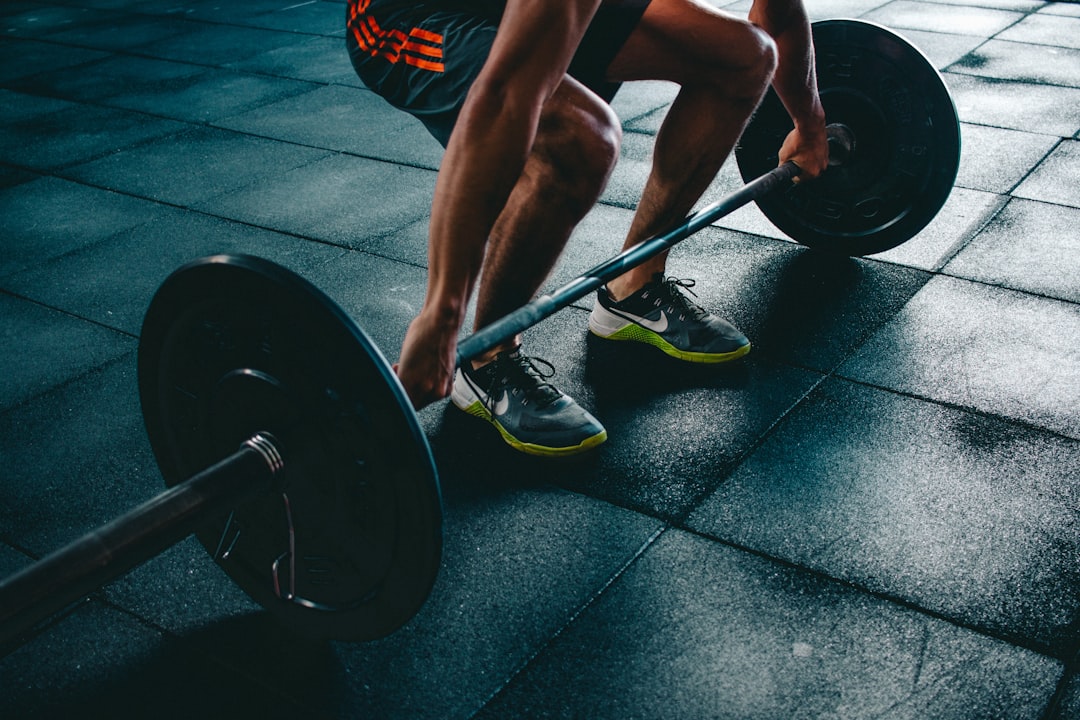Fitness Diet Tips: Everything You Need to Know Guide
Embarking on a fitness journey is exciting, but often, people focus solely on the workouts while neglecting a crucial component: their diet. If you’re serious about achieving your fitness goals, whether it’s building muscle, losing fat, or simply boosting your overall health and performance, understanding fitness diet tips: everything you need to know is paramount. Your diet isn’t just about weight; it’s the fuel that powers your body, repairs your muscles, and optimizes your energy levels. Without proper nutrition, even the most intense training regimen might yield disappointing results.


This comprehensive guide will demystify the world of fitness nutrition, providing you with practical, easy-to-understand advice that you can implement today. We’ll cover everything from the basics of macronutrients to meal timing, hydration, and common pitfalls to avoid. Get ready to transform your plate and supercharge your fitness!
The Foundation: Understanding Macronutrients
Macronutrients are the building blocks of your diet, providing the energy (calories) and essential compounds your body needs in large quantities. There are three main types: proteins, carbohydrates, and fats.
Protein: The Muscle Builder
Protein is crucial for muscle repair and growth, especially after exercise. It also plays a vital role in hormone production, enzyme function, and immune health. Think of it as the construction material for your body.
- Sources: Lean meats (chicken, turkey, beef), fish, eggs, dairy (yogurt, cottage cheese), legumes (beans, lentils), tofu, tempeh, and protein powders.
- Recommendation: For active individuals, aim for 0.7 to 1 gram of protein per pound of body weight (or 1.6-2.2 grams per kilogram) daily. Spread your protein intake throughout the day to maximize muscle protein synthesis. The International Society of Sports Nutrition’s position stand on protein and exercise offers detailed guidelines.
Carbohydrates: Your Primary Energy Source
Carbohydrates are your body’s preferred source of energy, fueling your workouts and daily activities. They are stored as glycogen in your muscles and liver, ready to be converted into glucose when needed.
- Sources:
- Complex Carbs (Slow-releasing energy): Whole grains (oats, brown rice, quinoa, whole-wheat bread), sweet potatoes, vegetables, fruits. These are rich in fiber and provide sustained energy.
- Simple Carbs (Fast-releasing energy): Sugary drinks, candies, white bread. Best consumed sparingly, or strategically around intense workouts for quick energy.
- Recommendation: Carbs should make up a significant portion of your diet, especially if you’re highly active. The exact amount varies based on your activity level and goals, but generally ranges from 45-65% of your total daily calories.
Fats: Essential for Health and Hormones
Despite past misconceptions, fats are essential for good health. They are vital for hormone production, nutrient absorption (especially fat-soluble vitamins A, D, E, K), brain function, and overall cell health.
- Sources:
- Healthy Fats: Avocados, nuts, seeds, olive oil, fatty fish (salmon, mackerel), chia seeds.
- Limit: Saturated and trans fats found in processed foods and some animal products.
- Recommendation: Fats should typically account for 20-35% of your total daily calories. Focus on unsaturated fats.
Micronutrients: The Unsung Heroes
While macronutrients provide energy, micronutrients (vitamins and minerals) are equally important. They don’t provide calories but are essential for countless bodily functions, including energy production, immune function, bone health, and nerve signaling. A varied diet rich in fruits, vegetables, and whole foods will typically provide all the micronutrients you need. Don’t underestimate their power!
Hydration: More Than Just Thirst Quenching
Water is often overlooked but is absolutely critical for fitness. It regulates body temperature, lubricates joints, transports nutrients, and helps eliminate waste products. Dehydration can severely impair your performance, energy levels, and even cognitive function.
- Recommendation: Aim for at least 8-10 glasses (2-3 liters) of water daily, and even more if you’re exercising intensely or in hot weather. Keep a water bottle handy and sip throughout the day.
Calorie Balance: The Golden Rule of Fitness Diets
Regardless of your specific goal (weight loss, muscle gain, or maintenance), calorie balance is the most important factor. This refers to the relationship between the calories you consume and the calories you burn.
- Weight Loss: You need to be in a calorie deficit, meaning you consume fewer calories than your body burns. This forces your body to use stored fat for energy.
- Muscle Gain: You need to be in a calorie surplus, consuming more calories than your body burns. This provides the extra energy and nutrients needed to build new muscle tissue.
- Maintenance: Consuming roughly the same number of calories your body burns to maintain your current weight.
Understanding your daily calorie needs (Total Daily Energy Expenditure, or TDEE) is the first step to manipulating your calorie balance effectively. There are many online calculators that can help you estimate this.
Practical Fitness Diet Tips for Success
Meal Timing & Frequency: What You Need to Know
While the total daily intake of macros and calories is generally more important than strict timing, strategic meal timing can optimize performance and recovery.
- Pre-Workout: Consume a meal rich in complex carbs and some protein 2-3 hours before your workout for sustained energy. If you’re short on time, a smaller, easily digestible snack (like a banana) 30-60 minutes before is fine.
- Post-Workout: A meal with protein and carbohydrates within 1-2 hours after your workout helps replenish glycogen stores and initiate muscle repair.
- Meal Frequency: While some prefer 3 large meals, others thrive on 4-6 smaller meals. Find what works best for your schedule and satiety levels. The key is consistent nutrient delivery.
The Power of Meal Prepping
One of the most effective fitness diet tips is to plan and prepare your meals in advance. This saves time, money, and ensures you have healthy options readily available, preventing impulse unhealthy choices.
- Batch Cooking: Cook large quantities of staples like grilled chicken, brown rice, and roasted vegetables.
- Portion Control: Divide your cooked meals into individual containers for easy grab-and-go options.
- Snack Prep: Prepare healthy snacks like chopped veggies, fruit, or pre-portioned nuts.
For more detailed guidance, check out our guide on effective meal prepping strategies.
